FENC'IT
Ref.
8654114
4355317
Technical Training T-Shirt
€21.00
Tax included
Store Availability
Store Availability
For all fencers who want a training top that keeps them feeling dry, unlike a cotton T-shirt
BENEFITS
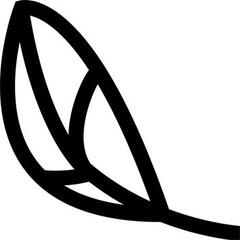
Lightweight
< 70g for size M thanks to the polypropylene
Freedom of movement
Seamless for greater freedom and comfort
Breathability
wicks perspirationcomposition
composition
Main fabric: 25.0% Polyamide, 75.0% Polypropylene
Tips for storage and maintenance
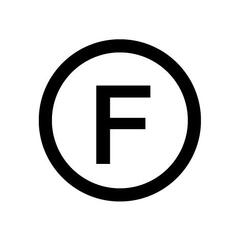 PROFESSIONAL DRY CLEANING WITH TETRACHLOROETHYLENE AND ALL SOLVENTS LISTED OPPOSITE THE F SYMBOL. NORMAL TREATMENT.
PROFESSIONAL DRY CLEANING WITH TETRACHLOROETHYLENE AND ALL SOLVENTS LISTED OPPOSITE THE F SYMBOL. NORMAL TREATMENT.
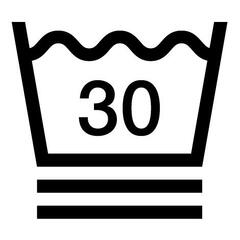 MAXIMUM WASH TEMPERATURE OF 30°C. VERY MODERATE TREATMENT.
MAXIMUM WASH TEMPERATURE OF 30°C. VERY MODERATE TREATMENT.
 IRON AT A MAXIMUM SOLEPLATE TEMPERATURE OF 150°C.
IRON AT A MAXIMUM SOLEPLATE TEMPERATURE OF 150°C.
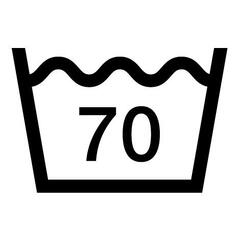 MAXIMUM WASH TEMPERATURE 70°C. NORMAL TREATMENT.
MAXIMUM WASH TEMPERATURE 70°C. NORMAL TREATMENT.
 IRONING AT A MAXIMUM IRON SOLEPLATE TEMPERATURE OF 200°C.
IRONING AT A MAXIMUM IRON SOLEPLATE TEMPERATURE OF 200°C.
TESTS AND WARRANTY
Warranty
2 Years
Ecodesign approach
With ecodesign, we reduce the environmental impact of our products.
Analysing the product's environmental footprint enabled us to identify the most impactful stages of its life cycle. Thanks to this approach, our design teams were able to develop this product while significantly reducing its environmental impact.
Ecodesign actions on this product
-
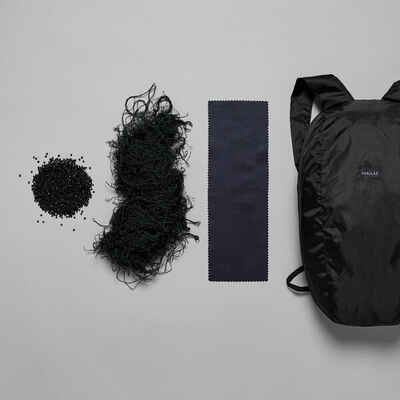 Process
ProcessDope dyed
Product made from 75% dope dyed yarn
Using this mass-dyeing process enables us to reduce CO2 emissions linked to the production of dyed textiles by at least 46% compared to conventional dyeing.
-
 Process
ProcessGreige
Product made from 25% undyed yarn
Using this finishing process enables us to reduce CO2 emissions linked to the production of undyed textiles by at least 58% compared to conventional dyeing.